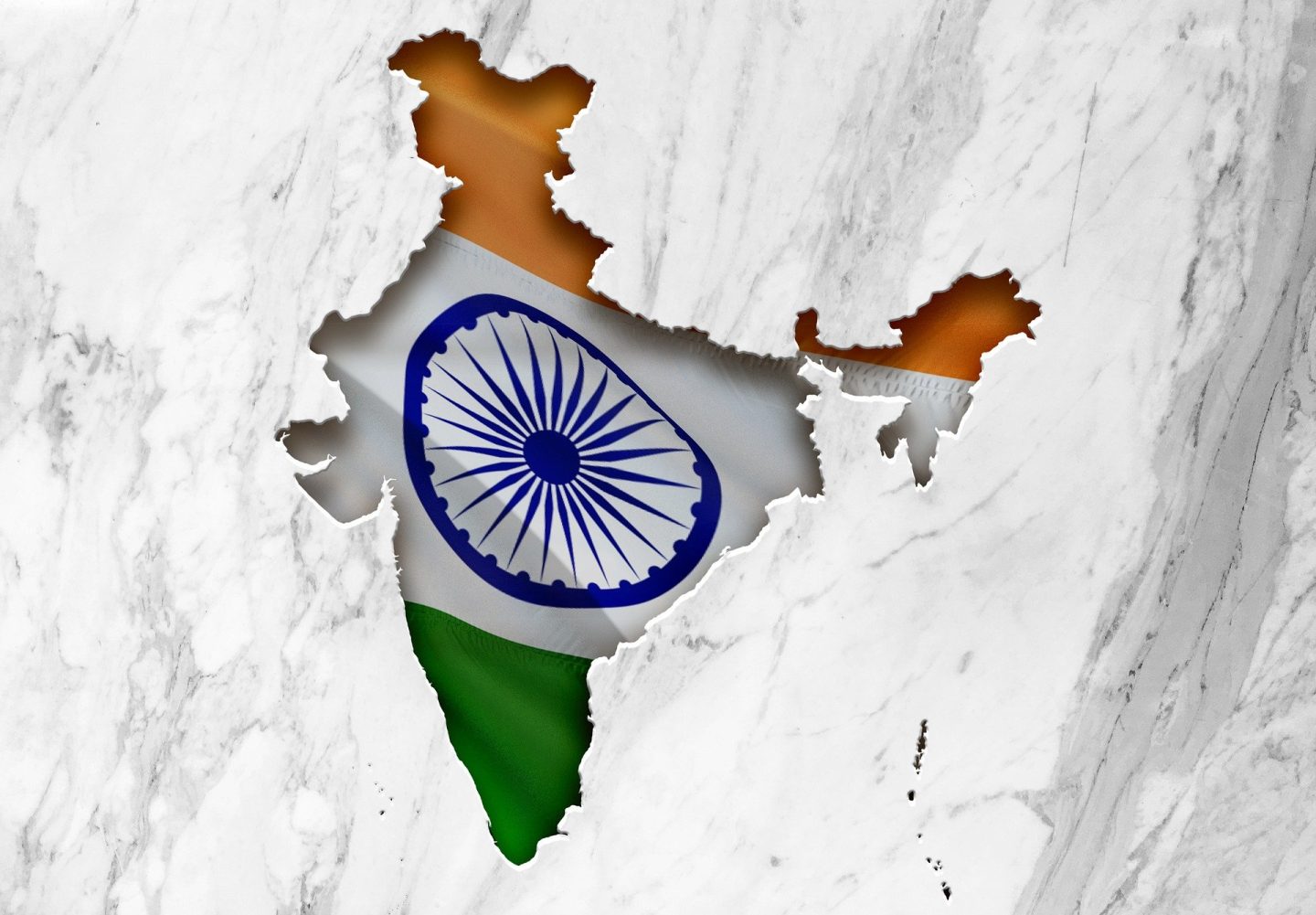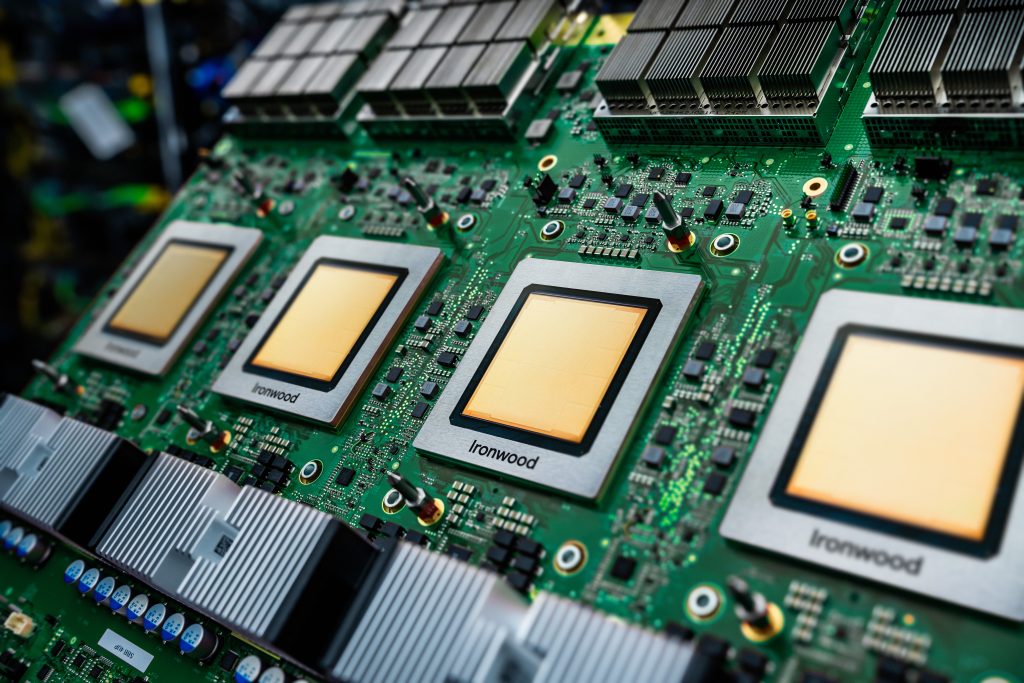- India plans to limit laptop imports to boost local production.
- Apple is expected to increase domestic manufacturing.
India is planning to limit the imports of laptops, tablets, and personal computers starting January 2025, according to two government insiders. The goal is to push companies like Apple to ramp up their manufacturing efforts in the country, boosting the domestic economy.
If the plan goes ahead, it could disrupt an industry valued between US$8 billion and US$10 billion and change how India’s IT hardware market operates, which currently depends heavily on imports.
A similar proposal was put on hold last year due to resistance from companies and lobbying by the United States. Since then, India has monitored imports through a raft of governance that is set to expire this year. Firms are now required to seek new permissions for imports starting next year.
Government authorities feel the industry has had enough time to adapt to the changes: According to one source, talks with all stakeholders will begin soon, and the limits may be delayed for a few months if necessary.
As Reuters reported, the Ministry of Electronics and Information Technology (MeitY) is already working on a new system that would require companies to get prior approval before importing devices. Currently, importers can bring in as many domestic tech appliances as they like after completing a simple online registration.
The Indian market is dominated by big players like HP, Dell, Apple, Lenovo, and Samsung, with two-thirds of India’s demand being met by imports, a large proportion of which comes from China. India’s IT hardware market is valued at around US$20 billion, but only US$5 billion of that is produced domestically, according to data from Mordor Intelligence.
To improve the quality of devices entering the country, the government is also considering introducing minimum quality standards under its “compulsory registration order” for laptops, notebooks, and tablets. This would help weed out lower-quality products, according to officials.
“We’re exploring these restrictions because global treaties prevent us from using tariffs on laptops and tablets. That limits our policy options to curb imports,” said one government official.
The Ministry of Trade has stated that the final decision on the import management system will be made following thorough discussions with the electronics ministry and other stakeholders.
The approach might greatly benefit local manufacturers such as Dixon Technologies, which has agreements with global brands like HP to manufacture laptops and computers in India. Dixon, for example, is aiming to produce 15% of the country’s total demand.
Boosting local production and semiconductor ambitions
According to an industry source involved in discussions with the government, the limits on imports should be aligned with India’s current domestic production capacity.
India’s key production incentive scheme for IT hardware has already attracted major players such as Acer, Dell, HP, and Lenovo. According to the electronics minister, most of these companies are ready to begin manufacturing in the country. To further encourage local production, the government has also rolled out federal subsidies totaling roughly US$2.01 billion.
India is making progress in semiconductor manufacturing, which is crucial for the electronics and IT hardware industry. In 2023, US chipmaker Micron announced a major investment in Gujarat to build an assembly and test facility for memory chips such as DRAM and NAND, establishing India as an essential player in semiconductor assembly.
This was followed by further semiconductor initiatives, including Tata Electronics’ partnership with Taiwan’s Powerchip Semiconductor Manufacturing Corp (PSMC) to build a semiconductor fab in Gujarat, with a production capacity of 50,000 wafers per month. These efforts not only reduce reliance on imports but also align with India’s broader goal of technological self-reliance.
Recent collaborations with global tech giants
Global technology businesses are increasingly investing in India as part of a strategy to diversify supply chains and increase local production. Apple, for example, has dramatically increased its manufacturing presence in India. Cupertino has increased iPhone production through collaborations with Foxconn, Pegatron, and Wistron, in addition to building new retail shops. Other tech behemoths such as Dell, HP, and Lenovo have also increased local manufacturing, taking advantage of the Indian government’s production-linked incentive (PLI) schemes.
According to the research firm Counterpoint, imports of fully-assembled laptops declined 4% in the first five months of 2024 compared to the previous year, as companies such as Lenovo and Acer increased local manufacturing, particularly for entry-level models.
India has emphasised the importance of “trusted sources” for electronics and communication devices, particularly in light of increasing cybersecurity and data theft concerns. In 2022, Prime Minister Narendra Modi suggested that India should lessen its reliance on foreign countries for communication technology such as servers.
In line with this, India intends to implement mandatory testing of “essential security parameters” for all CCTV cameras by April 2025.








